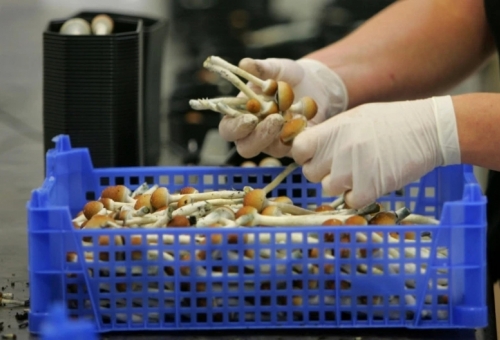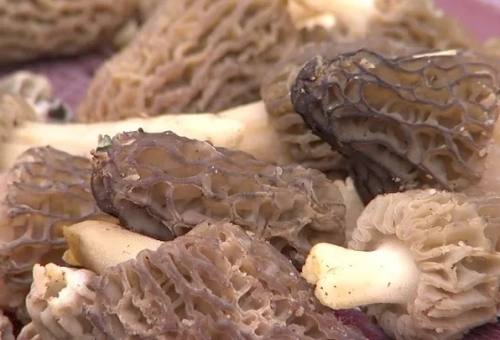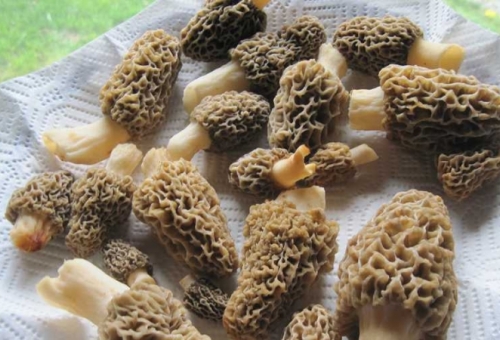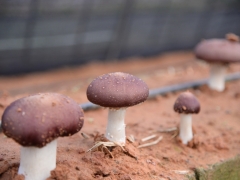Mushroom cultivation can yield quick money if the farmer understands the practical details of the modern techniques and type of species that are in high demand in Nigeria, Europe, the United States of America and other developed countries.
However, the rising consciousness of the elite to choose healthy diets has made mushrooms a popular feature of expensive meals in hotels, bars, restaurants, shopping malls and top class eateries.
In terms of cost and time, mushroom farming is a low risk business and profitable. Unlike many other agribusinesses, mushroom farming requires very little start-up and operating costs. Someone can start with N100, 000 or N120, 000, depending on the size of your farm.
Their high protein, no fat and cholesterol content make them a nutritional favourite. Mushrooms contain almost all the amino acids needed by the body and most of its by-products are used for cosmetics and medicines.
Most of the mushrooms supplied to the Nigerian market are picked from forests during the rainy season, which is between April and September.
One reason why potential investors or farmers should consider mushroom business is that during the dry season, mushroom becomes increasingly scarce and the market is starved of constant supply until the next wet season. This makes the supply of mushrooms very seasonal in many parts of world where they serve as food.
As a result, mushrooms can fetch much higher prices during the dry season, which is December to March when supply often does not keep up with demand. This is why you need to cultivate mushrooms at your backyard or compound for profit making all year round.
Backyard mushroom farming only takes five metre area to earn additional income, while keeping many top class restaurants supplied. Homemakers, students, the unemployed, business-minded people, retired people; anyone with some free time can try it. The oyster mushroom is a highly sought-after mushroom that grows everywhere! Prized by the mushroom lovers for its distinct taste and spicy-aromatic odour
The mushroom is a fixture of healthy cuisines that are popular among health-conscious people, generally appearing in supermarkets, health shops, top class restaurants, etc.
You can turn part of your backyard into a small mushroom house. The investment includes the structure itself, mushroom substrate and organic pesticides. Cultivation is all round the year. Oyster mushroom weighing 30 kilogrammes could be sold to wholesalers for a sum of N60, 000. The revenue from little mushroom house could make investment break even within three or four months.
Currently in the country, mushroom farming is getting popular on the outskirts of urban areas and other big cities because of high demand from restaurants.
This business is suitable for not only entrepreneurs, students and homemakers, but also retired white-collar workers who can earn additional income.
Choosing the kind of mushroom is important because growing techniques vary, depending on type.
My advice to intending farmers is to attend a training course for mushroom growing and cautiously select a service provider and use hygienic mushroom substrate.
In the past, some conventional mushroom farmers failed to improve productivity, choosing improper mushroom substrate. Just prepare an area of at least five square metres at your house to develop into a small mushroom unit that will fetch you big money.
Humidity should be appropriate. If the mushroom house is too humid, there will be fungi. If too dry, productivity will be low.
At Jovana farms, we produce and sell mushroom spawns (seeds), spraying equipment, and compost bags, fresh and dried mushroom. We also train and help people set up their mushroom farm.
Those who cannot attend our seminars can order for the self-tutorial VCD & book, and train themselves. The primary objective is to bring this excellent opportunity to the doorstep of every Nigerian as a very sure and potent means of conquering poverty.
























